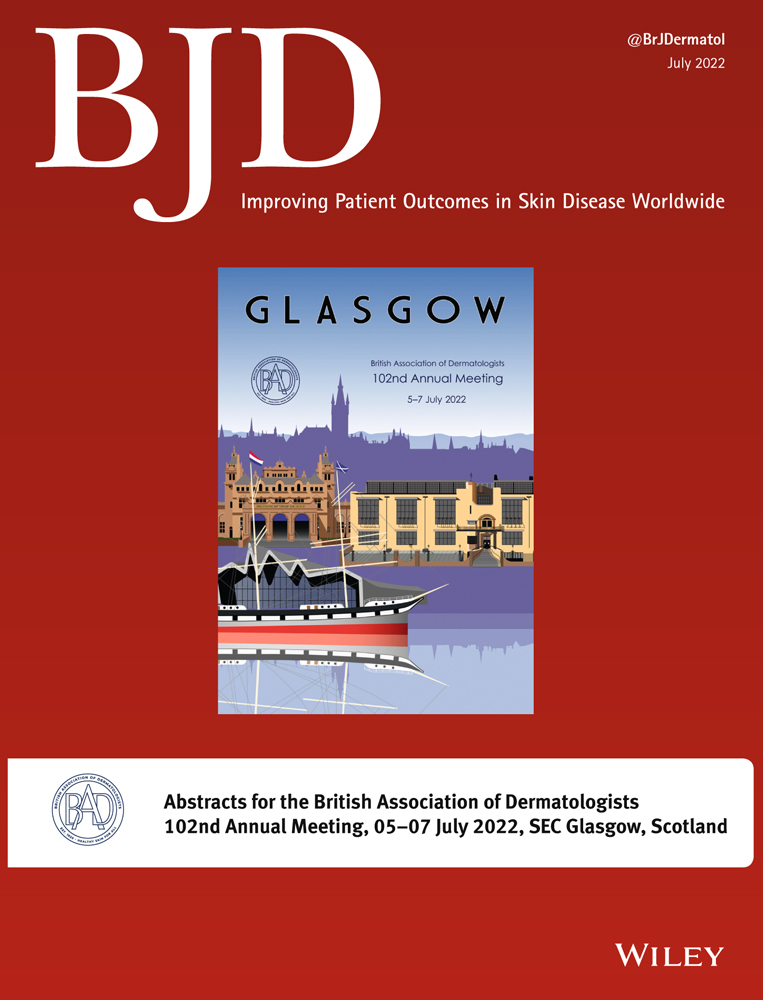DP24: Methotrexate-associated cutaneous lymphomatoid granulomatosis
Gregg Murray, Anna Wolinska, Stephaine Bowe and Cliona Feighery
OLOL Drogheda, Co Louth, Ireland
A 74-year-old woman was referred to the dermatology clinic with a 6-month history of an enlarging nonhealing ulcer on her left foot. This started off a as small red erosion that slowly enlarged over time and was becoming more tender. This was also associated with new eroded lesions developing on her shins, calves and posterior thighs bilaterally. Her past medical history was significant for well-controlled rheumatoid arthritis diagnosed over 20 years ago, for which she is on methotrexate (MTX) 15 mg once weekly orally for the last 10 years. On examination, she had papulonecrotic lesions on her anterior shin, posterior calves and thighs bilaterally. She had an ill-defined punched out 1-cm ulceration on the medial arch of her left foot. Haematological investigations revealed a normal full blood count, urea and electrolytes, and liver function. Her C-reactive protein was mildly elevated at 8·8 mg L–1 and her erythrocyte sedimentation rate was 41 mm h–1. Her antinuclear antibody and vasculitic screen was normal. Punch biopsies were taken from the edge of the ulcer on her left foot and one of the papulonecrotic lesions. Histology revealed epidermal hyperplasia and an infiltrate of lymphoid cells in the dermis. The immunophenotype showed strong positivity for CD20 and CD30; Epstein–Barr virus (EBV) also appeared strongly positive. A diagnosis of lymphomatoid granulomatosis (LYG) was made. A computed tomography of the thorax, abdomen and pelvis was performed to rule out an underlying paraneoplastic process. Imaging revealed a 7-cm left adrenal lesion with a foci of macroscopic fat and foci on calcium, highly suspicious for an adrenocortical carcinoma. She underwent an open left adrenalectomy and her MTX was discontinued. The patient recovered well postsurgery and ulcerations and papulonecrotic lesions on her lower limbs spontaneously resolved postoperatively following cessation of MTX. LYG is a rare EBV-driven B-cell lymphoproliferative disorder and usually presents in adults who have immunodeficiency disorders. This patient was diagnosed with MTX-associated lymphomatous granulomatosis, which fully resolved after withdrawal of MTX.




